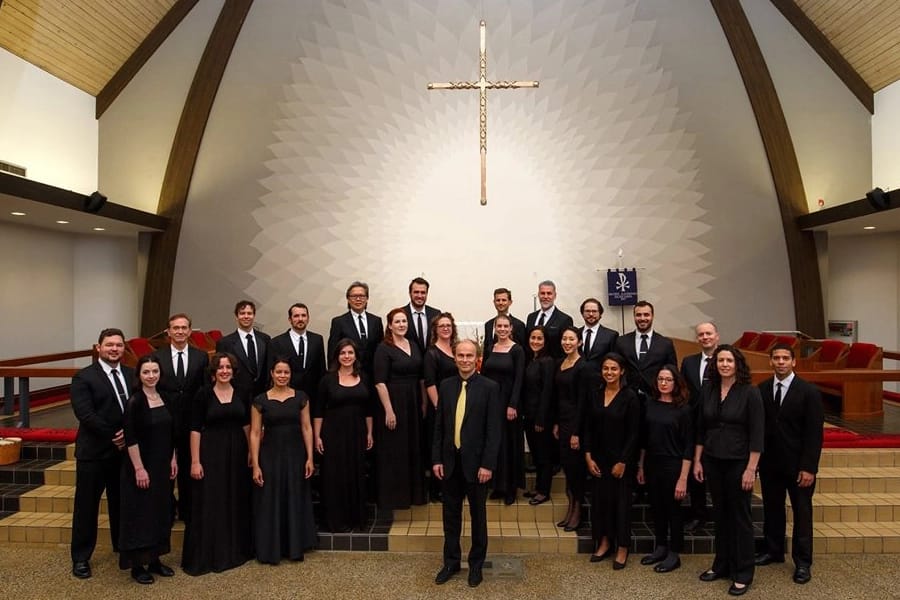
articles / British Music
‘Crown Jewels of Britain’

Cappella SF turns to works by British composers for its next set of concerts, called Crown Jewels of Britain, spanning composers from John Dunstable in the 15th century to Joby Talbot, who was born in the 1970s. This is the first concert of this repertoire for the ensemble, founded by director Ragnar Bohlin just 4 years ago.
There’s more information at the Cappella SF website.
Bohlin says it’s hard to generalize about the long history of British choral music: “It’s very melodic, I would say. Lush, I think is an appropriate word, especially from the 19th Century and on. And these days, there is so much going on in the choral scene, as you will find out in the program, we have several contemporary composers at the end of the program. But we do start quite early with John Dunstable from the 15th Century.” Much of the history of this choral tradition comes from the Anglican Church, first a cappella, and then accompanied by organ (for these concerts, they’ll be joined by Jerome Lenk, organist at Mission Dolores). “From 1840, one of the pieces that we do is ‘Lay a Garland’ by Robert Lucas Pearsall, a gorgeous piece. In between that sort of lush sort of turn of the last Century repertoire and Britten, there is Ralph Vaughan Williams, Three Shakespeare Songs, which I think is a good bridge between the two… We also do Edward Elgar’s ‘Lux Aeterna’ which is actually the Nimrod movement from the Enigma Variations.” Also represented are contemporary composers like Jonathan Dove, and James MacMillan. “We had been thinking about doing an all-English program or all-British for a long time. We’re also considering doing an all-German at some point, an all-French at some point, and perhaps an all-Italian at some point. This is something that has been on our to-do list, and we thought it was time for this now.”






